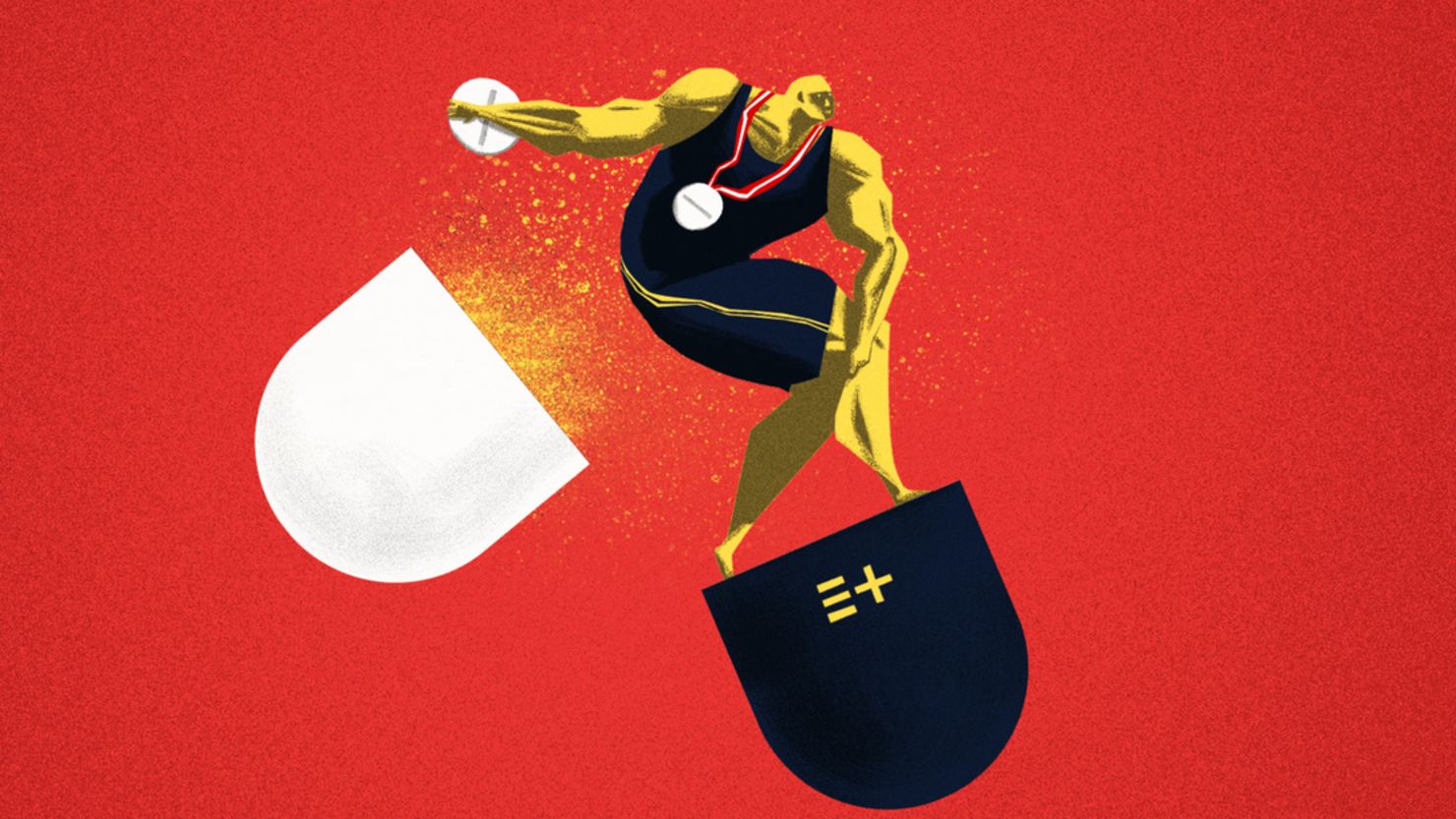
A doping free-for-all Enhanced Games calls itself the answer to doping in sports. Opponents say it poses a danger to health
Entities mentioned:
- Enhanced Games: Ambition, Competitive spirit, Influence
- International Olympic Committee (IOC): Control, Legacy, Professional pride
- World Anti-Doping Agency (WADA): Justice, Duty, Righteousness
- Aron D'Souza: Ambition, Recognition, Influence
- Travis Tygart (USADA): Justice, Moral outrage, Professional pride
- Dr. Grigory Rodchenkov: Justice, Moral outrage, Duty
Article Assessment:
Credibility Score: 75/100
Bias Rating: 45/100 (Center)
Sentiment Score: 35/100
Authoritarianism Risk: 25/100 (Generally Democratic)
Bias Analysis:
The article presents multiple viewpoints, including those of the Enhanced Games proponents and various anti-doping authorities. While it gives more space to critics of the Enhanced Games, it does attempt to present the founder's perspective, maintaining a relatively balanced approach.
Key metric: Public Health and Safety
As a social scientist, I analyze that the proposed Enhanced Games represents a significant shift in the approach to competitive sports, challenging established norms around doping and athlete health. This concept poses serious ethical and health concerns, potentially normalizing dangerous drug use in athletics. The stark contrast between the Enhanced Games' permissive stance on performance-enhancing drugs and the strict anti-doping policies of traditional sporting bodies like the IOC and WADA highlights a growing tension in the world of competitive sports. The potential health risks to athletes and the legal challenges faced by such an event suggest that it could have far-reaching negative implications for public health and safety, particularly among young athletes who may be influenced by this approach. The debate surrounding the Enhanced Games also reflects broader societal questions about the limits of human performance and the role of technology and science in sports.

These athletes suffered life-changing injuries. Then, they turned to psychedelics
Entities mentioned:
- Daniel Carcillo: Self-preservation, Recognition, Legacy
- Aaron Rodgers: Professional pride, Influence, Self-preservation
- Mike Tyson: Self-preservation, Recognition, Legacy
- Dana White: Professional pride, Duty, Influence
- Jeff Novitzky: Duty, Professional pride, Curiosity
- Robin Carhart-Harris: Curiosity, Professional pride, Duty
- James Rucker: Professional pride, Duty, Wariness
- Anna Symonds: Self-preservation, Curiosity, Recognition
Article Assessment:
Credibility Score: 75/100
Bias Rating: 45/100 (Center)
Sentiment Score: 55/100
Authoritarianism Risk: 25/100 (Generally Democratic)
Bias Analysis:
The article presents a balanced view, including both positive experiences and expert warnings. It gives voice to proponents and skeptics alike, maintaining a neutral stance on the controversial topic.
Key metric: Mental Health and Substance Abuse
As a social scientist, I analyze that this article highlights a growing trend among athletes exploring psychedelic substances for mental health treatment and performance enhancement. The piece presents both potential benefits and risks, reflecting a shift in societal attitudes towards these substances. It raises important questions about medical ethics, drug policy, and the intersection of professional sports and mental health care. The article's focus on personal testimonies from high-profile athletes may influence public perception and potentially impact future research and policy decisions regarding psychedelic use in sports and beyond.